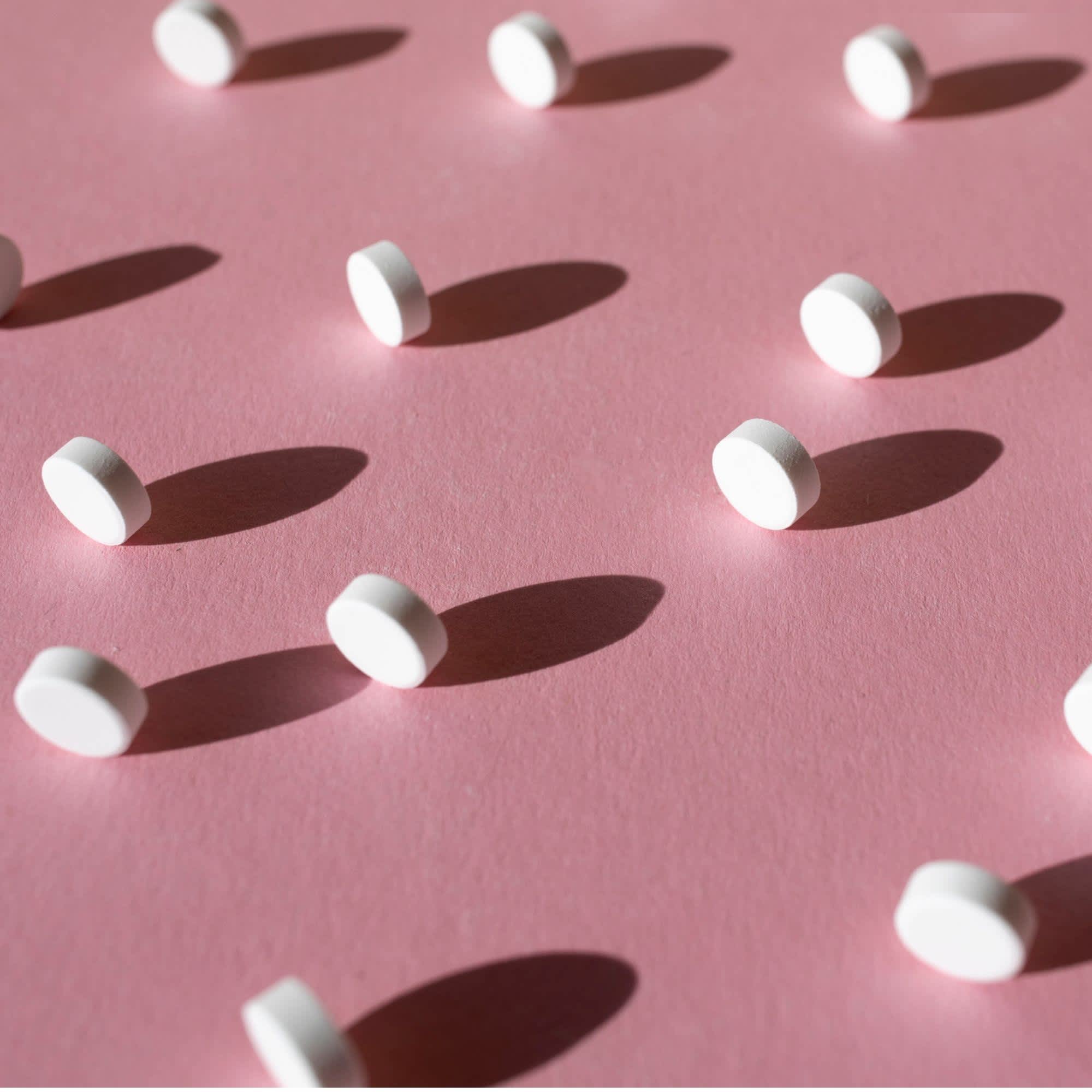
- POPSUGAR Australia
- Beauty
- Should You Put Toothpaste on a Pimple? Here’s an Answer to the Most Debated Acne Question
Should You Put Toothpaste on a Pimple? Here’s an Answer to the Most Debated Acne Question

I’ve had acne for most of my life and, as a result, have pretty much heard and tried it all. One of the most commonly asked and widely debated skin-care question is: does toothpaste help with zits? Even my mum suggested I try this controversial “tip” during my teenage years. I always refused – surely toothpaste was never meant to be used on anything but teeth, right?
Recently, this subject became a talking point between my friends and as no one seemed to have a definitive answer, I decided to take the matter into my own hands. I went to Sunirmal Sharkar, MD, from Sönd Skin and asked her two simple questions: Does toothpaste help with acne and, perhaps most importantly, is it good for the skin? Unsurprisingly, the answers were “kind of” and “definitely not.”
“Although toothpaste will dry out your pimple, it may also leave you with dry, irritated, flaky, and peeling red skin,” said Dr. Sharkar. It’s important to know that most generic toothpastes contain ingredients such as baking soda, hydrogen peroxide, alcohol, menthol, and calcium carbonate, which will irritate your skin and might even burn it, depending on how long you leave the toothpaste on. Besides, as she rightly pointed out to me, many people are already seeking out more natural or gentle alternatives to commercial toothpaste, and “if it’s not good enough for brushing our teeth, why would it be good enough for treating our spots?”
So, now that we know that we should not put toothpaste on acne, what should we do instead? Treating acne isn’t easy and what works for some people won’t necessarily work for you. That being said, there are things you could do to help heal your breakouts and prevent new pimples from popping up. This includes things like reducing your consumption of dairy, double cleansing, drinking more water, and washing your pillowcases often. Dr. Sharkar also recommends using products that contain benzoyl peroxide or salicylic acid (which can reduce redness and speed healing), or even essential oils such as tea tree or lavender oil. Most importantly, remember to be kind to your skin and get rid of those harsh products that do nothing but aggravate the situation.
After all, we only have one face – and if you treat it like the enemy, it will fight back.


